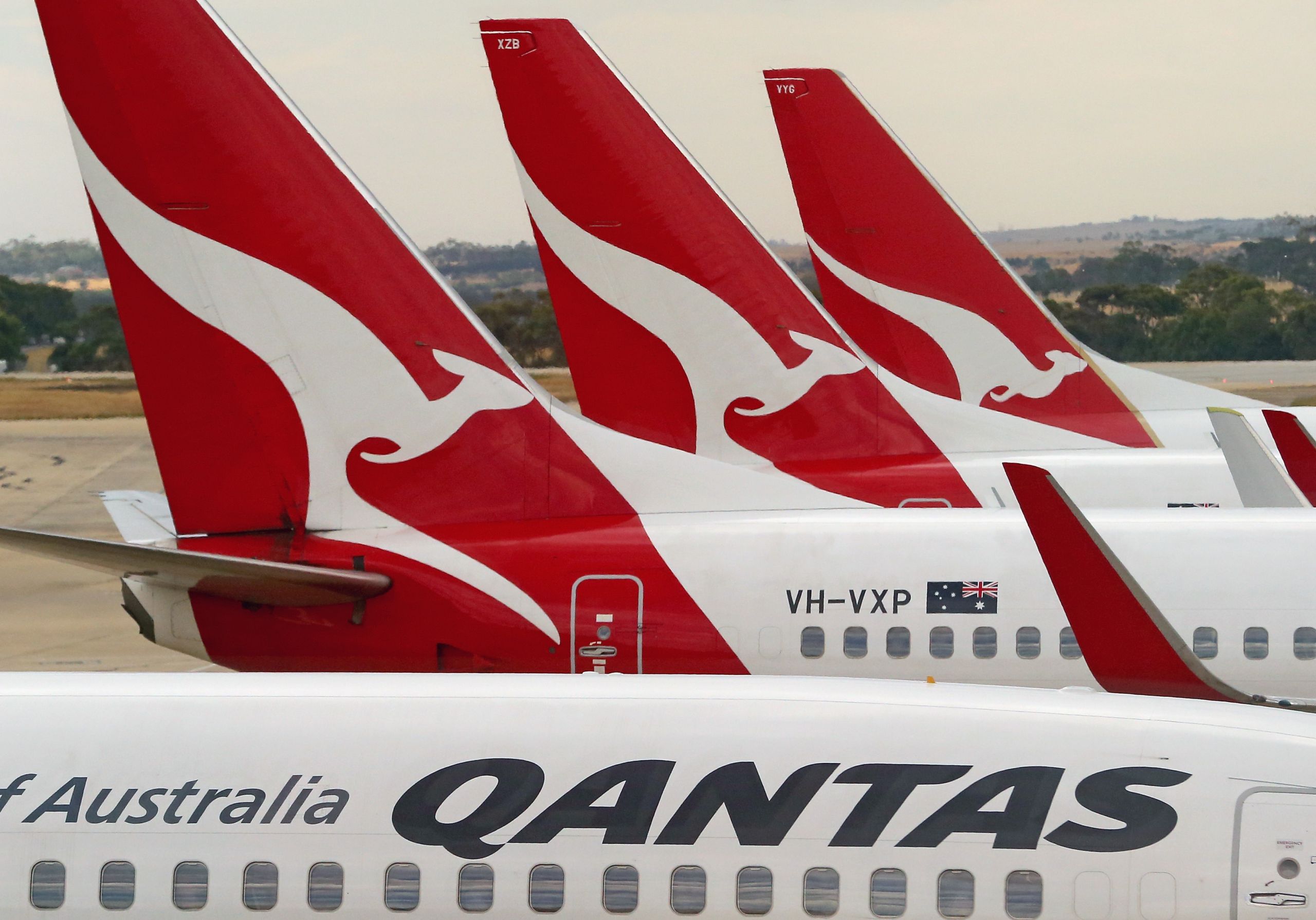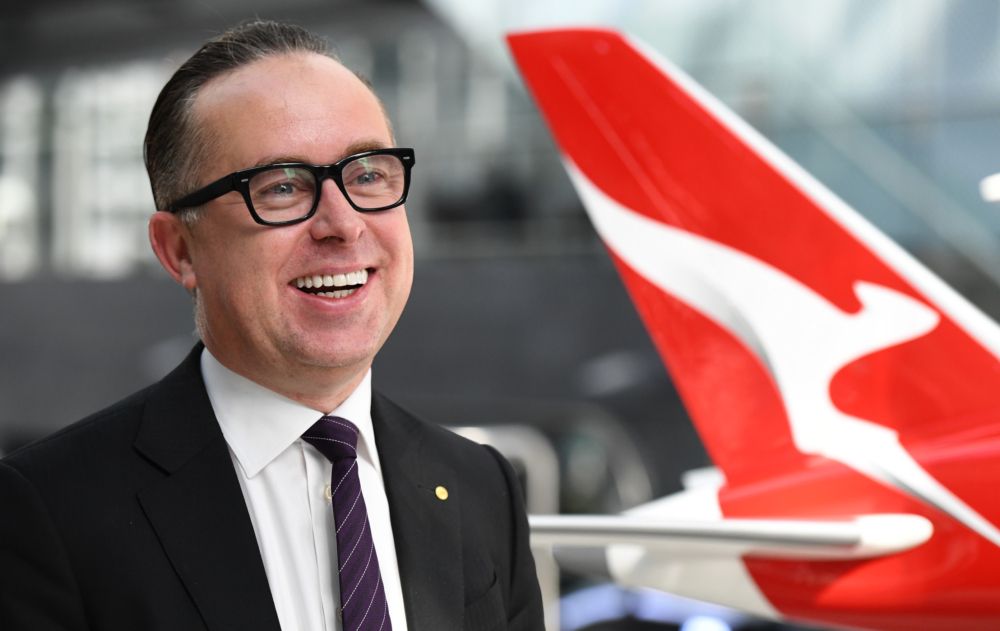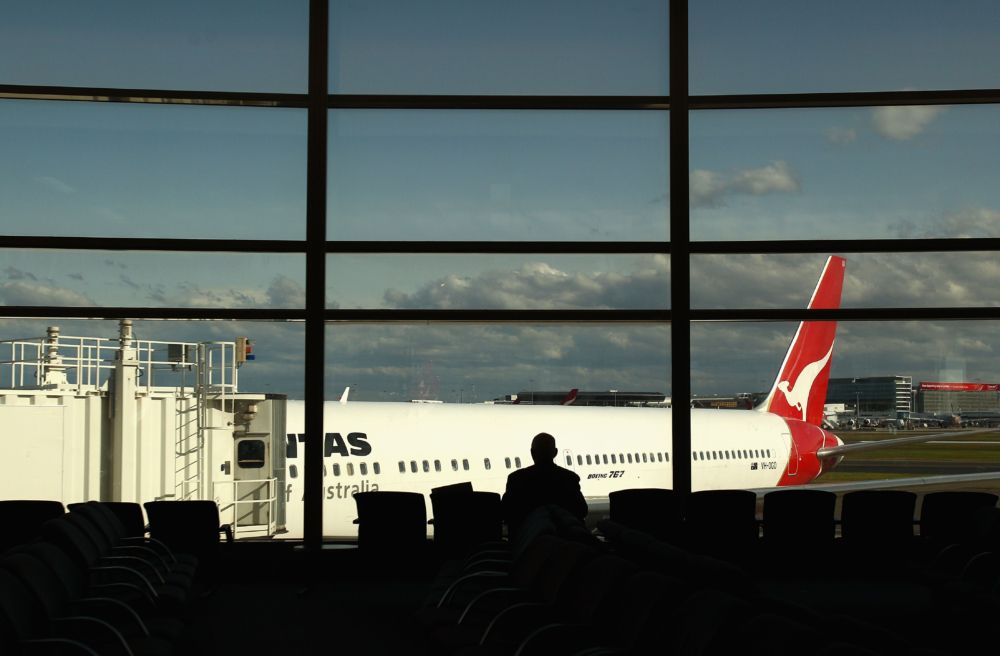Qantas has declared an after-tax loss of US$1.24 billion for the 12 months to June 30, 2021. Qantas CEO Alan Joyce called the year diabolical. He says a year of closed international borders and 330 days of domestic travel restrictions had a massive impact on the airline.
A tough year creates a leaner & more efficient Qantas
Total revenue loss from COVID-19 over the 12 month period reached US$11.65 billion at Qantas. However, by the end of 2022, Qantas expects the revenue hit since the start of COVID-19 to increase to around US$14.5 billion.
"We've had to make a lot of big and difficult structural changes to deal with this crisis," said Qantas CEO Alan Joyce on Thursday morning (Sydney time).
The Qantas Group wrapped up the financial year with US$2.76 billion in available liquidity. That included $1.6 billion in cash and $1.16 billion in undrawn facilities. A burst of domestic flying in the first six months of 2021 saw Qantas reduce its debt from US$4.66 billion to $4.29 billion.
"Things remain tough," says Mr Joyce. However, he says Qantas is in a far better position to deal with COVID-19 than this time last year. "We're able to move quickly when borders open and close. We're a leaner and more efficient organization."
Heavy losses for Qantas international
Qantas' international operations remained largely grounded through the 2021 financial year and incurred heavy losses. What relief was on offer came from a short-lived quarantine-free travel corridor with New Zealand. Qantas also operated almost 400 repatriation flights and hundreds of extra freight flights to international markets.
The heavily hyped New Zealand travel corridor saw decent levels of flying across the Tasman Sea. However, continual 'pauses' meant operations were heavily impacted. That travel corridor is now suspended and unlikely to return in the short term.
Government underwriting of repatriation flights allowed Qantas to offer 26,000 stranded Australians access to reasonably priced airfares to get home. In a media call on Thursday, Alan Joyce confirmed Qantas is about to start 90 repatriation flights over 90 days. After 90 days, the Qantas CEO hopes Australia will have relaxed its travel restrictions, and stranded travelers will be able to find their own way home on regularly scheduled flights.
Domestic flying fires up before faltering at Qantas
Meanwhile, a resurgent domestic sector faltered in June amid a series of border closures and lockdowns in Australia. Domestic flying capacity hit a low of 19% in July 2020 before recovering to 92% in May 2021. Now, lockdowns have closed Qantas' two biggest domestic markets - New South Wales and Victoria.
Despite this, 95% of domestic flying was cash flow positive in the 2021 financial year. However, due to the continuing lockdowns, the recent temporary stand-downs of 2,500 Qantas workers will go beyond the initial eight-week period.
But Alan Joyce is optimistic his airline will recover swiftly once Australians can start traveling again. "We always hoped for the best and planned for the rest," he said, responding to a question about Qantas' handling of the COVID-19 crisis. Nearly 18 months after the travel downturn began, the Qantas boss expanded on the uncertainty the crisis created, adding, "I don’t think anybody expected that we would be here."
While focusing on cost control, generating cash, and reducing debt going forward, Qantas notes it remains one of only seven airlines worldwide to retain an investment-grade credit rating.



